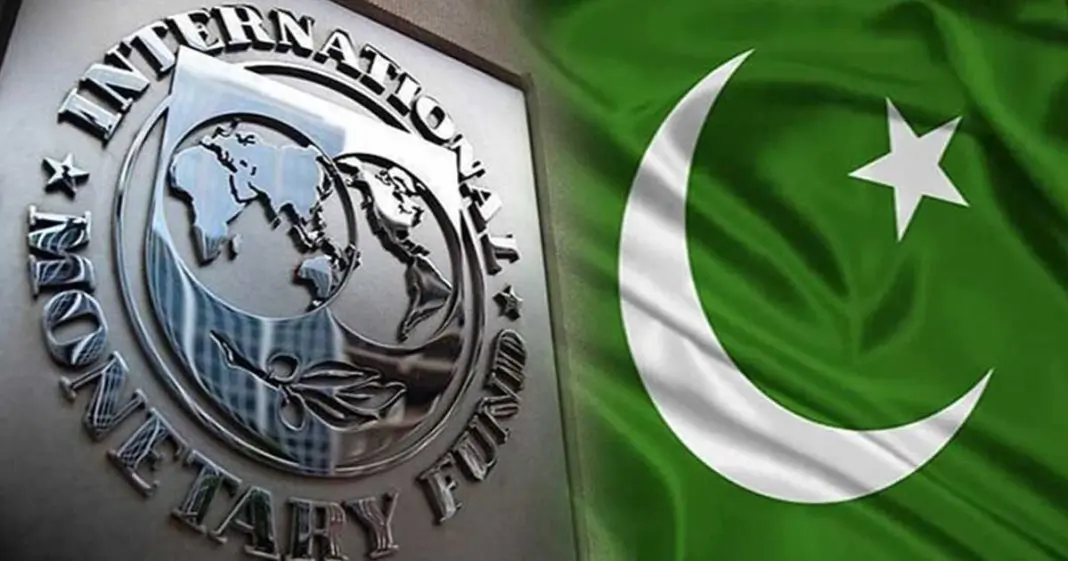Pakistan’s dwindling economy is facing major crises as the recently finalized $7 billion loan deal with the International Monetary Fund (IMF) has gone awry, and reports claim that the local textile industry is facing an almost shutdown situation due to rising energy prices and borrowing limitations.
These two developments have put more pressure on the ruling government in Islamabad to seek emergency measures to somewhat stabilize the economy and avoid default. Experts believe that Pakistan will now have to either renegotiate the IMF deal or introduce additional taxes, which will have serious repercussions on the economy and the daily livelihoods of the people. Moreover, the Pakistan military’s attempts to stabilize the economy through the Special Investment Facilitation Council (SIFC) have failed to garner any foreign investments in the country. The deteriorating security situation and growing chances of the IMF deal’s failure will also impact the China-Pakistan Economic Corridor (CPEC), further creating tensions between China and Pakistan.
To get the IMF loan approval, Pakistan’s federal government agreed to several tough conditions and overly committed on behalf of the four provincial governments, which are also struggling to meet demands soon after the deal became effective last month. The official statistics for the first quarter (July-September) revealed that everything has gone off the mark, from Pakistan’s Federal Board of Revenue’s (FBR) tax collection target to provincial cash surpluses. Deputy Prime Minister of Pakistan, Ishaq Dar, has also publicly spoken against the market-determined exchange rate regime, which is another core objective of the USD 7 billion Extended Fund Facility

